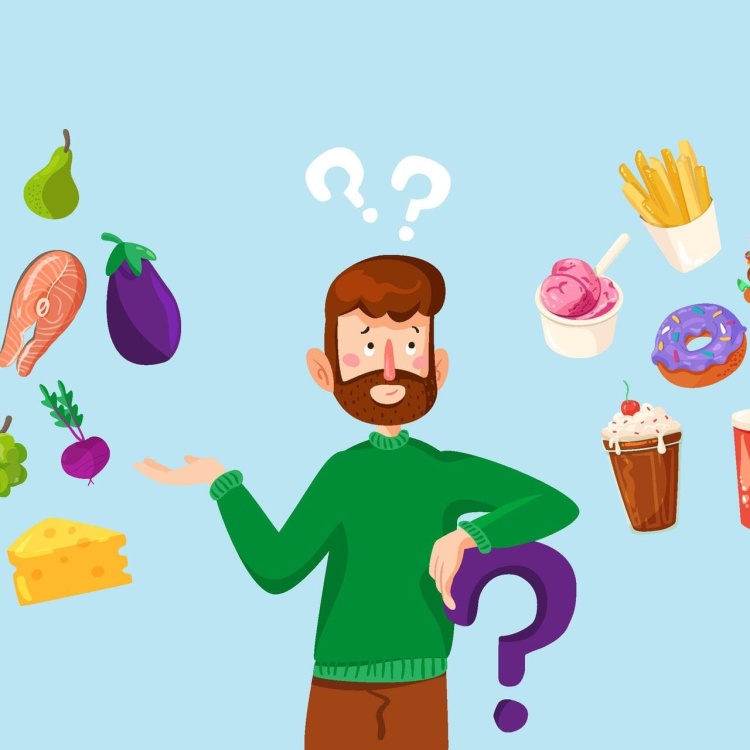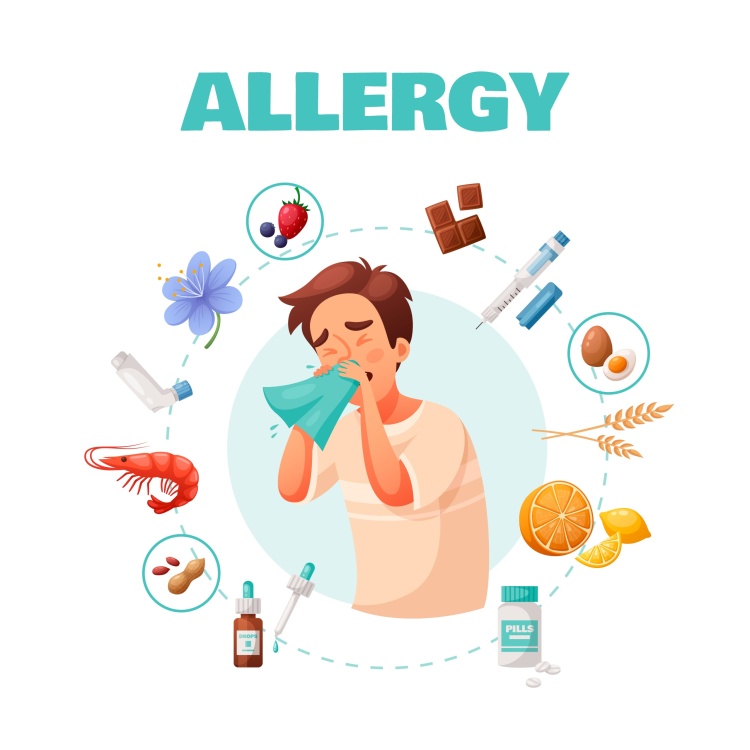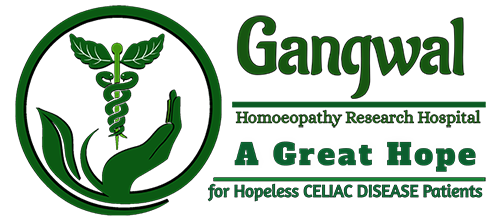Food Allergy Treatment
The primary treatment for food allergies is strict avoidance of the allergenic food(s). For individuals with food allergies, even tiny amounts of the allergen can trigger a potentially severe allergic reaction. However, there are some additional approaches and medications that can be used to manage food allergies and reduce the risk of severe reactions:

Allergen Avoidance:
The most critical aspect of managing food allergies is to identify the allergenic food(s) through allergy testing and completely avoid them in the diet. Reading food labels carefully, being cautious while eating out, and asking about ingredients in restaurants are essential to prevent accidental exposure to allergens.
Emergency Medications:
For individuals with severe food allergies, carrying emergency medications such as epinephrine (EpiPen) is crucial. Epinephrine is used to treat anaphylactic reactions, which can be life-threatening. It should be administered promptly if there are signs of a severe allergic reaction, such as difficulty breathing, throat tightness, or a drop in blood pressure. Seeking immediate medical attention is also vital after using epinephrine.
Antihistamines:
Antihistamines, such as diphenhydramine (Benadryl), can help relieve mild allergic symptoms like itching, hives, or mild swelling. However, antihistamines should not be relied upon for severe reactions, as they do not treat anaphylaxis.
Food Allergy Education:
Education and awareness about food allergies are crucial for individuals with allergies, their families, caregivers, and schools. Proper education helps in identifying allergenic foods, recognizing early signs of allergic reactions, and knowing how to respond in emergencies.
Immunotherapy:
Immunotherapy, such as oral immunotherapy (OIT) or sublingual immunotherapy (SLIT), is an emerging treatment for some food allergies. These treatments involve gradually introducing small amounts of the allergenic food under medical supervision to desensitize the immune system over time. However, these therapies are currently experimental and should only be done under the guidance of a specialized allergist.
Allergy Testing and Follow-Up:
Regular follow-up with an allergist is crucial to monitor food allergies, re-evaluate allergen sensitivities, and update the emergency action plan as needed.

It’s important to remember that there is no cure for food allergies, and the only way to prevent allergic reactions is to avoid the allergenic food strictly. If you suspect you or someone else has a food allergy, it’s essential to seek evaluation and diagnosis from an allergist or immunologist. They can provide accurate allergy testing, create a personalized management plan, and educate you on how to effectively manage food allergies.
Although, the problem for food allergies can be cured with the help of homoeopathy.









